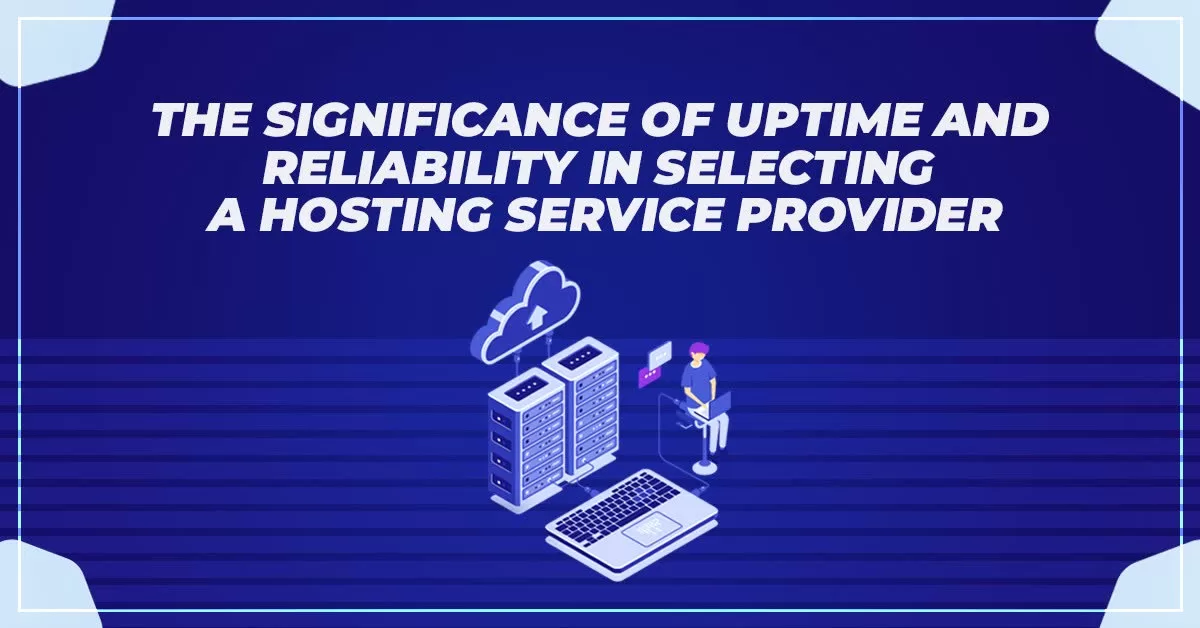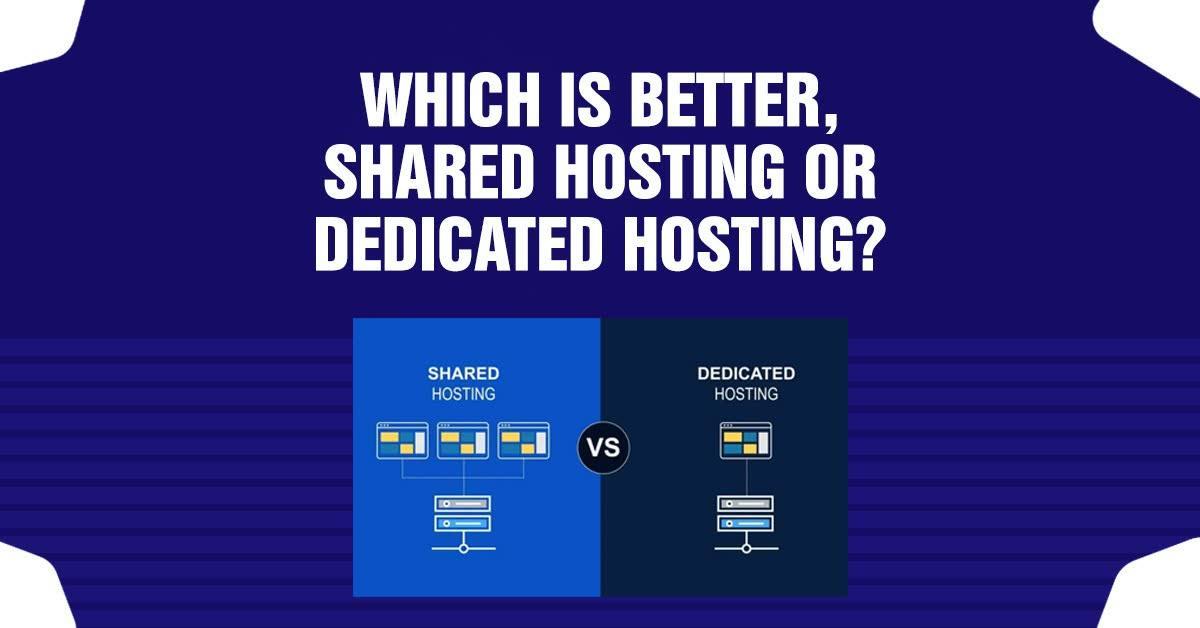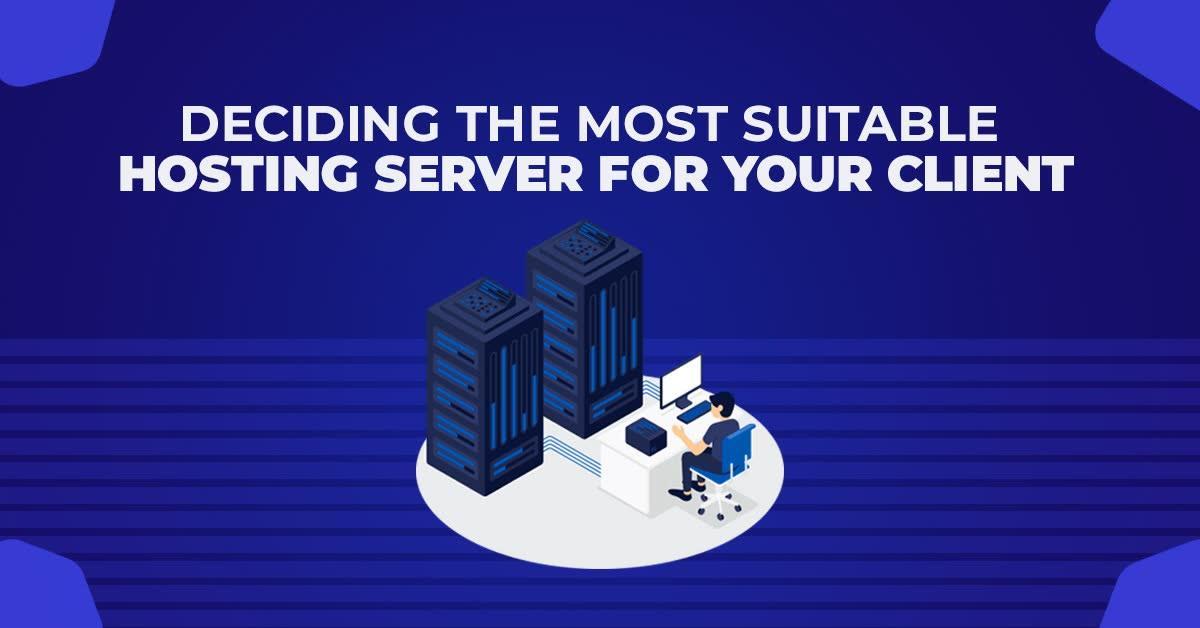The Significance Of Uptime And Reliability In Selecting A Hosting Service Provider
In today’s digital age, having an online presence is crucial for businesses, organizations, and individuals alike. One of the most critical components of a successful online presence is a reliable web hosting service. If you’re looking for the best web hosting in Canada, it is imperative to select a provider that can offer you high uptime and excellent customer support. A hosting service provider is responsible for storing and delivering your website content to users. In this article, we will explore the significance of uptime and reliability in selecting the best web hosting service provider in Canada.
What Is Uptime And Why Is It Important?
Uptime refers to the amount of time that a website is accessible and available to users. It is essential to ensure that your website is up and running at all times, as downtime can have significant consequences for your online presence. When your website is down, it can cause frustration for your users, lead to lost revenue, and damage your reputation. Uptime is critical for any website, but it is particularly crucial for businesses and organizations that rely on their websites to generate revenue or provide essential services.
The Importance Of Reliability
Reliability is another essential factor to consider when selecting a hosting service provider. Reliability refers to the ability of a hosting service provider to deliver consistent performance and maintain uptime. A reliable hosting service provider will ensure that your website is up and running at all times and that it can handle traffic spikes without downtime or performance issues.
When selecting a hosting service provider, it is crucial to consider their reliability. You want to choose a provider that has a proven record of accomplishment of delivering consistent performance and high uptime. Look for a hosting service provider that has a strong reputation in the industry and has been in business for several years. You can also read online reviews and testimonials from other users to get an idea of the reliability of the hosting service provider.
The Consequences of Poor Uptime and Reliability
Poor uptime and reliability can have significant consequences for your online presence. When your website is down or experiencing performance issues, it can lead to frustration for your users, lost revenue, and damage to your reputation.
Users who experience downtime on your website are less likely to return and may choose to do business with your competitors instead. Additionally, poor uptime and reliability can negatively impact your search engine rankings, as search engines favour websites that are reliable and provide a positive user experience.
The Importance Of Customer Support
Customer support is another critical factor to consider when selecting a hosting service provider. If you experience any issues with your hosting service, you want to ensure that you can get in touch with customer support quickly and easily. A hosting service provider that offers excellent customer support can help you resolve any issues quickly and minimize downtime.
When selecting a hosting service provider, look for a provider that offers 24/7 customer support through various channels, including email, phone, and live chat. You may also want to consider a provider that offers a knowledge base or support center with helpful articles and tutorials.
Tips For Choosing A Hosting Service Provider With High Uptime And Reliability
Now that we have explored the significance of uptime and reliability let us look at some tips for selecting a hosting service provider that can deliver high uptime and reliability:
- Research the hosting service provider’s uptime guarantee: Many hosting service providers offer an uptime guarantee, which guarantees a certain level of uptime. Research the uptime guarantee and ensure that it meets your requirements.
- Look for a hosting service provider that uses reliable hardware: A hosting service provider that uses reliable hardware will be less likely to experience downtime due to hardware failures.
- Consider the hosting service provider’s data center: The data center where the hosting service provider stores its servers can have a significant impact on uptime and reliability. Look for a provider that has multiple data centers located in different geographic locations to ensure redundancy and minimize the risk of downtime due to natural disasters or other issues.
- Check the hosting service provider’s network infrastructure: The network infrastructure of a hosting service provider can also impact uptime and reliability. Look for a provider that has invested in a robust and secure network infrastructure, such as redundant routers, switches, and firewalls.
- Read online reviews and testimonials: Reading reviews and testimonials from other users can give you a good idea of the uptime, reliability, and customer support provided by the hosting service provider. Look for providers with high ratings and positive feedback from other users.
- Consider the pricing and features: While uptime and reliability are crucial, it is also important to consider the pricing and features offered by the hosting service provider. Look for a provider that offers competitive pricing and features that meet your needs, such as ample storage and bandwidth.
- Look for a provider with a strong backup and recovery plan: Even with the best hardware and infrastructure, there is always the potential for data loss or downtime. That is why it is important to choose a hosting service provider that has a robust backup and recovery plan in place. This plan should include regular data backups, off-site storage, and quick and reliable recovery procedures in the event of an outage or other issues.
- Consider the provider’s track record: A hosting service provider’s track record can be a good indicator of their reliability and uptime. Look for a provider with a long history of serving customers and a good reputation in the industry. Providers that have been around for a while and have a large customer base are more likely to have invested in the infrastructure and support needed to deliver high uptime and reliability.
- Evaluate the provider’s customer support: Good customer support is essential when it comes to uptime and reliability. Look for a hosting service provider that offers 24/7 support, multiple contact channels (such as phone, email, and chat), and knowledgeable and responsive support staff. A provider with good customer support can help you quickly resolve issues and minimize downtime.
- Consider the provider’s security measures: Security is also an important factor when it comes to uptime and reliability. Look for a hosting service provider that has implemented strong security measures to protect your data and prevent downtime due to security breaches or attacks. This should include measures such as firewalls, intrusion detection and prevention, SSL certificates, and regular security audits.
By considering these additional factors, you can further narrow down your options and find a hosting service provider that not only offers high uptime and reliability but also provides robust backup and recovery procedures, has a strong track record and reputation, offers excellent customer support, and implements strong security measures.
Conclusion
Uptime and reliability are critical factors to consider when selecting the best web hosting service provider in Canada. A reliable hosting service provider with high uptime can help ensure that your website is accessible and available to users at all times. Poor uptime and reliability can have significant consequences for your online presence such as a reduction in revenue and loss of business reputation. When searching for the best web hosting service provider in Canada, be sure to consider their uptime guarantee, hardware, data center, network infrastructure, customer support, pricing, and features. With careful consideration and research, you can find the best web hosting in Canada that meets your needs and delivers high uptime and reliability to help you succeed in your online endeavors.







































